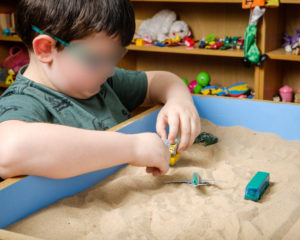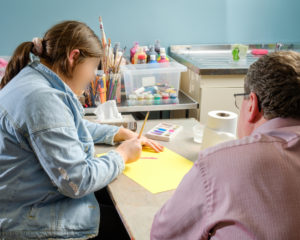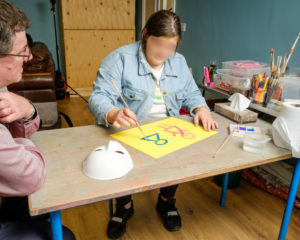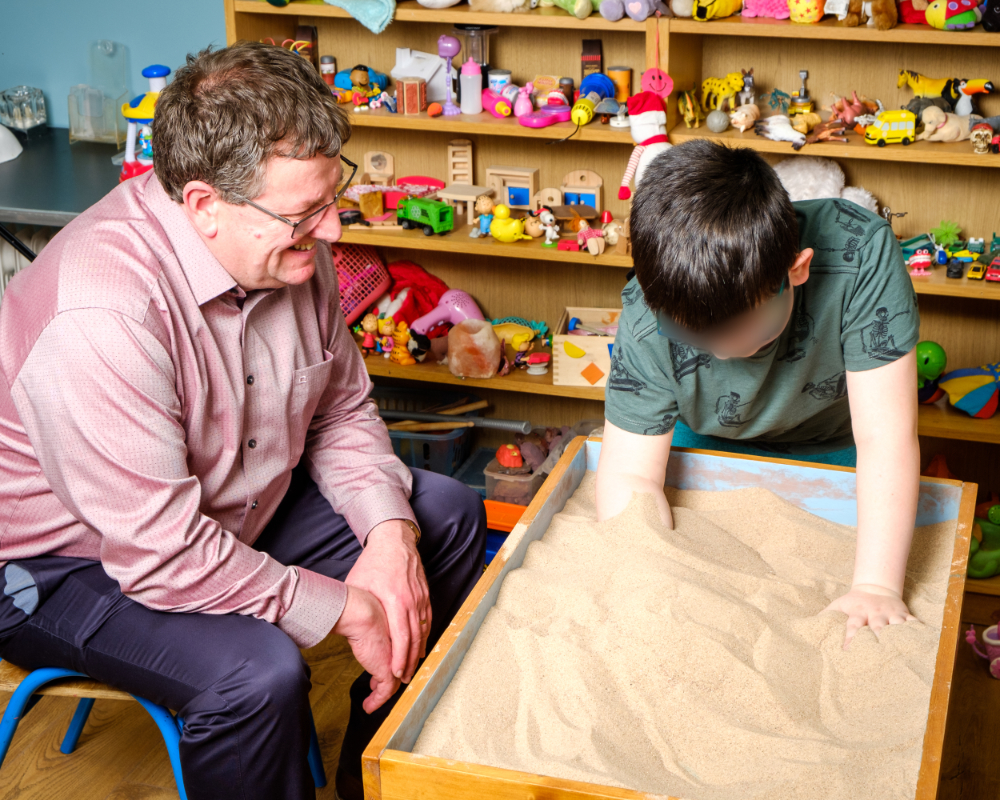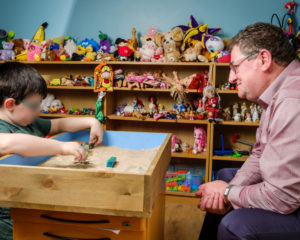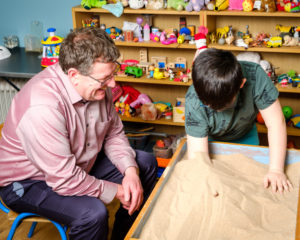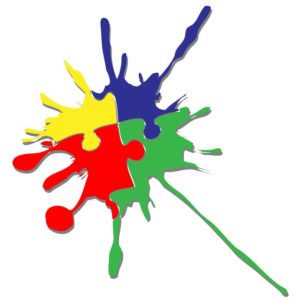What is so important about Play?
Play is very much part of a child’s world. Play therapy meets them in their world and helps them to “play out” their difficulties. Children often don’t have the vocabulary to express their worries and anxieties. Play therapy enables them to communicate in a way which is clear and helps them to build self-confidence, express their feelings and cope with real-life situations. It is a useful intervention which helps them to make sense of their world and develops resilience and coping skills.
What is Play Therapy?
Play Therapy uses the power of play to help children achieve optimal growth and development and prevent or resolve a range of developmental and/or emotional difficulties. It promotes resiliency and assists children to develop holistically and increase emotional intelligence.
Every child is unique and special but sometimes they experience problems with feelings or behaviours that cause disruption to their lives and the lives of those around them.
Play therapy provides a child with an opportunity to ‘play out’ their thoughts, feelings and problems just as, in certain types of adult therapy, an individual ‘talks out’ their difficulties.
Play Therapy is an effective therapy that helps children modify their behaviours, clarify their self-concept and build healthy relationships.
In Play Therapy, children enter into a dynamic relationship with the therapist that enables them to express, explore and make sense of their difficult and painful experiences.
Play Therapy helps children find healthier ways of communicating, develop fulfilling relationships, increase resiliency and facilitate emotional literacy.
Children use play as a form of communication. So often children referred to Play Therapy do not have the words to describe their thoughts, feelings and perceptions of their internal and external world.
Video of our Therapy Rooms
Who is Play Therapy for?
Any child can benefit from play therapy.
It promotes self-confidence, imagination, creativity, concentration, communication, problem-solving skills, self-esteem and most importantly happiness in the child.
Play Therapy is suitable for children as young as four to five years and there is no upper age limit. Play therapists can use creative and play-based approaches with adolescent clients also.
Play therapy is a useful intervention for all children as it facilitates them in making sense of the world, reaching their potential and developing resilience and emotional intelligence.
Possible referral issues include:
- Behavioural issues
- Communication difficulties
- Delayed development
- Educational delays
- Relationship difficulties
- Parental separation
- Family disruptions
- Trauma
- Bereavement or loss
- Abuse or neglect
- Anxiety
- Bullying
- Low self-esteem
- Poor play skills
How Play Therapy works. Play Therapy generally follows a standard procedure.
This includes:
- Referral
- Referral discussion and liaison
- Consultation with parent/ carer
- Assessment of child
- Play Therapy
- Regular review sessions with child
- Regular review sessions with parent/carer
- Regular review sessions with teaching staff
- Endings
- Discussion and liaison with teaching staff & parent/carer
